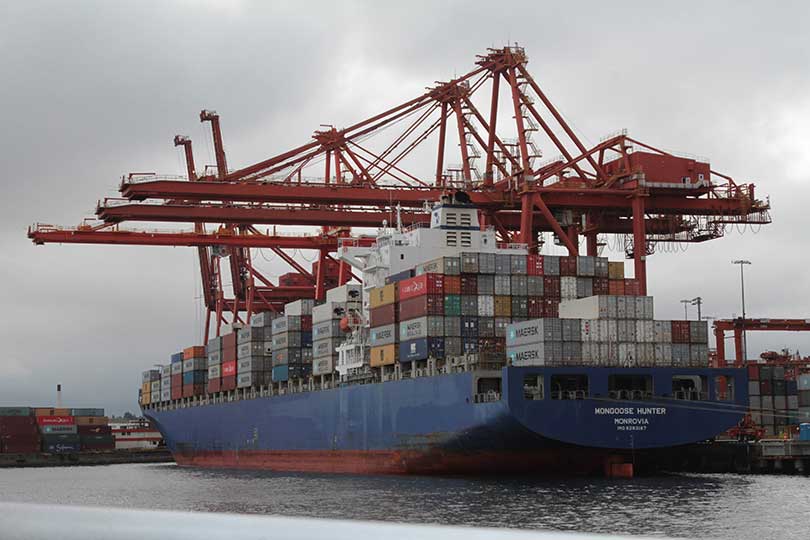By Jennifer Dorsett
Field Editor
On June 15, China allowed a landmark World Trade Organization (WTO) dispute against the European Union (EU) to lapse, giving hope a similar case pending against the U.S. may go the same way.
For the past four years, China has been arguing for the EU to acknowledge the country as having “market economy” status.
Since China is considered a non-market economy in the EU, Chinese products thought to be unfairly priced below market can have WTO-approved anti-dumping tariffs levied on those goods, based on the price of the same product from a third country where the product is manufactured at market rates.
The case against the EU was initially brought in 2016 and China lost an interim ruling on the matter last June. But since the case was allowed to lapse, the EU now has a greater legal basis to combat low-priced Chinese exports through high tariffs.
Neither country responded to requests for comment from Bloomberg and other news outlets.
The European Commission’s website says the EU is committed to open trading relations with China, “however, the EU wants to ensure China trades fairly, respects intellectual property rights and meets its obligations as a member of the WTO.”
China filed the dispute in 2016, arguing the legal basis permitting the EU to deviate from standard WTO anti-dumping practices expired in 2016, 15 years after China joined the WTO.
But in an interim ruling last year, the WTO rejected that argument, saying joining the organization did not automatically grant China the right to be treated as a market economy in anti-dumping investigations.
The quiet dismissal from Beijing is good news for the U.S., which is engaged in a similar Chinese dispute U.S. Trade Representative Robert Lighthizer has called the WTO’s “most serious litigation.”
Under U.S. laws, foreign countries are designated non-market economy (NME) status if the U.S. Department of Commerce deems the country does not operate on market principles of cost or pricing structures.
The U.S. and other WTO members have said distortions in the Chinese economy caused by “government intervention” makes it impractical to use Chinese prices and costs for determining dumping margins.
After the WTO issued its interim report in 2019, China suspended the dispute, which prevented the ruling from being made public. The country declined to restart the dispute before its right to do so expired on June 15.

